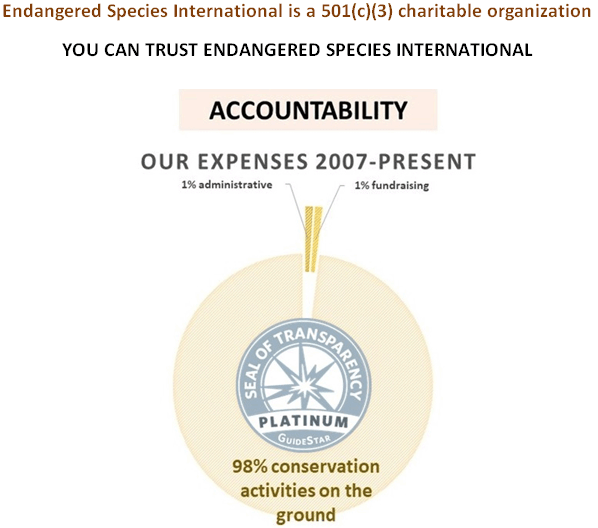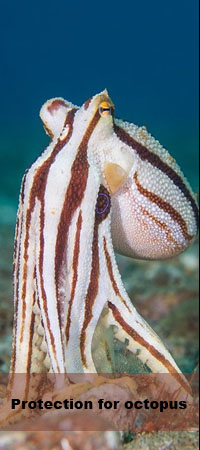|
Octopuses are sea animals famous for their rounded bodies, bulging eyes, three hearts and eight long arms. They live in all the world's oceans but are more common in tropical waters. Their intelligence stems from a completely unrelated path to human intelligence, and about two-thirds of their neurons are in their arms, not their head. There are about 300 incredible species of octopuses worldwide, more than 100 of which are captured in the wild. The largest octopus is the giant Pacific octopus (Enteroctopus dofleini) reaching 16 feet (5 meters) long. The smallest octopus (Octopus wolfi) is about one inch (2.5 cm) long. Discovered in 1998, the mimic octopus (Thaumoctopus mimicus) can parrot several toxic sea creatures. It is the only animal known to shift between multiple complex imitations, a talent called dynamic mimicry. It has been known to impersonate more than 15 different marine species, including flounders, lionfish, and sea snakes. Octopus are definitely incredible creatures playing an essential role in the marine ecosystem that deserve our protection.

Since 2008, the reported annual global catch of octopuses has been around 350,000 metric tons, which is likely an underestimate as catches are for most parts underreported, particularly in nearshore, artisanal fisheries in Southeast Asia. Octopus fisheries are in decline as measured by peak catches, and many octopus fisheries are now overfished. However, new fisheries for octopus continue to open. Field marine surveys at 12 marine sites conducted by Endangered Species International between 2013 and 2018 in Southeast Asia showed a sharp population decline or an absence of octopus due to overfishing and/or habitat destruction.
For clear ethical and environmental reasons, raising octopuses in captivity for food (octopus farming) must be avoided by all means. The environmental impacts of aquaculture are well documented around the planet. They include significant marine pollution (nitrogen and phosphorus released from feces and food decomposition), contamination (fertilizers, algaecides, herbicides, disinfectants, and antibiotics), and loss of natural habitat (e.g., mangroves and tidal zones) used for farms. Octopus farming has the same serious environmental impacts as other types of carnivorous aquaculture like salmon, trout, and shrimp. And, like other carnivorous aquaculture, octopus farming would increase pressure on wild aquatic animals. Given the depleted and dramatic state of global fisheries and the challenges of providing adequate food to a growing human population, increased farming of carnivorous species such as octopus will increase ecological impact and must be avoided.

Related links
|











